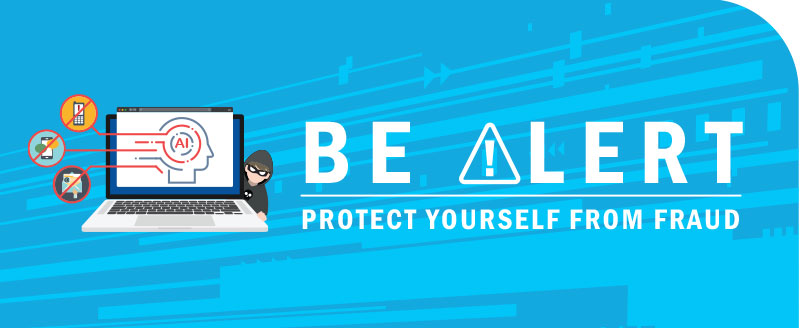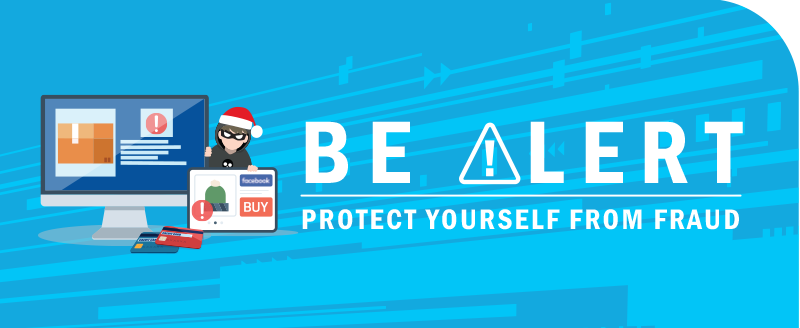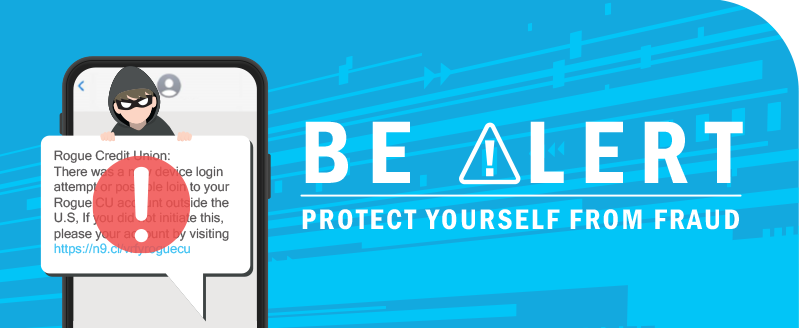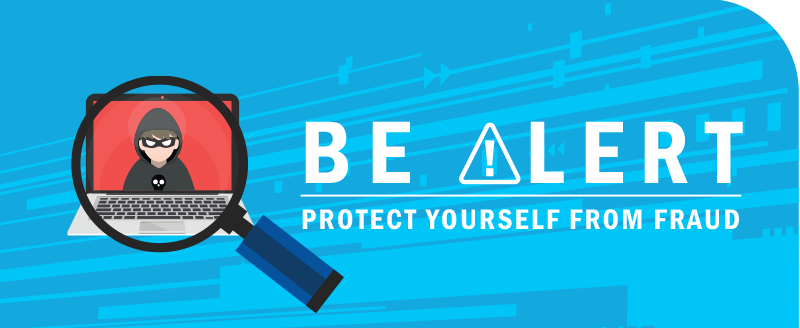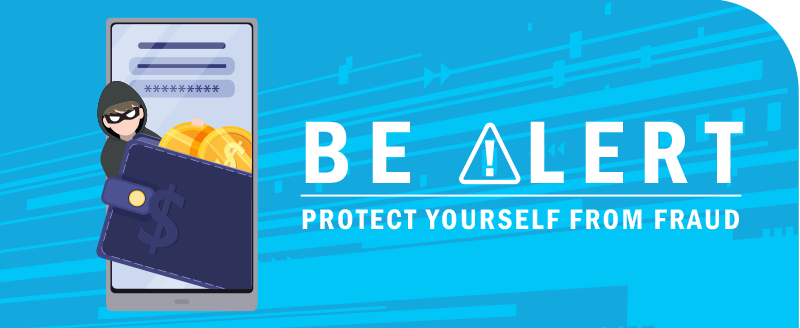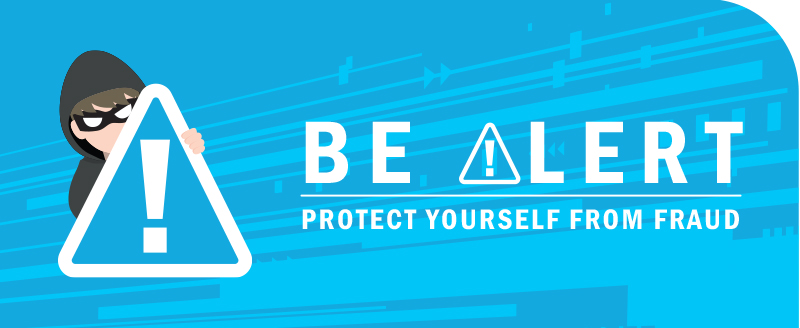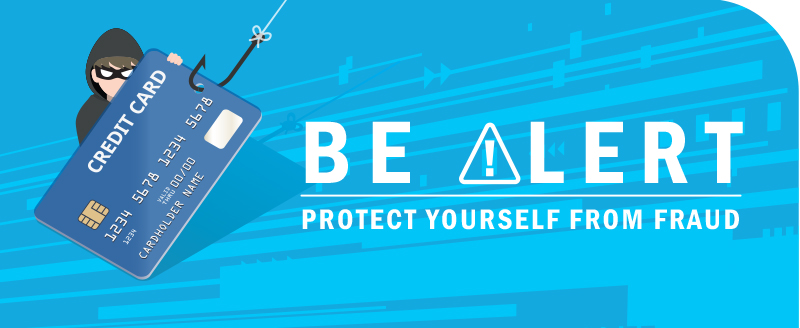Getting to know your Digital Twin
By now, we are all accustomed to the steady flow of email spam, social media ads and ‘personalized recommendations’ on our digital devices that are increasingly becoming more accurate in reflecting our personal preferences. We receive product and service recommendations that sometimes triggers a bit of paranoia -- one moment you are talking about it a product and the next moment an ad for it pops up on your feed! How did Google know I was interested in that? How did watching a show at a friend’s house last night reflect in my search results today? Before you simply surrender to this wave of personalized treatment, you should be introduced to your “digital twin” and gain a better understanding of what is happening behind the curtain.
Digital Twin
Simply put, a digital twin is a virtual model of a process, product, or service. This pairing of the virtual and physical worlds allows analysis of data and monitoring of systems to head off problems before they even occur, prevent downtime, develop new opportunities, and even plan for the future by using simulations. Given enough data, organizations can essentially copy entire factories, hospitals, and airports into the digital world and change them, simulate effects, and optimize them for the best business outcomes. The closer the digital twin is to the real world, the better. Over time, this concept has been applied to humans. You, as a person, are represented digitally.
All the technology we use, carry around and have in our lives allow for a wealth of activity data that companies take advantage of. Being able to present each customer with products or services that meet their unique needs is so effective that it is worth offering a service to you for free. Think of Google and Facebook. The positive side of a digital twin is that you get personalized unique results that relate to you specifically. We cannot deny how much time this saves by having our preferences presented to us without much effort on our part. The negative side of this has several implications:
- Digital Shadow – It is not exactly a digital representation that reflects how you see yourself, nor one that you have much control over. Mostly the data collected is your behavior, emotions and decision patterns.
- Lack of Privacy Creep – many software applications require you to loosen security and privacy settings on your devices for it to function correctly. Many times, they only tell you this in the fine print. This really started increasing when the pandemic prompted companies to offer contact tracing functionality that promised to help further protect you from contracting COVID. This allows your device to more openly communicate with other devices in the vicinity; sharing your data without you being aware.
Protect Yourself!
- Deprive your Twin of its Food! – Stop these privacy violations by starving your digital twin. That food is data. There are many ways to do this, some of which can be a bit extreme. But efforts at any level is helpful. Turn off what you can on your smartphone. GPS tracking, data services and apps running in the background collecting data can all be turned off. Some conveniences will be lost, so you will have to weigh the variables accordingly. Using VPN software and privacy browsers such as Brave, can also help reduce the data seen by these companies, such as your internet browsing history, what you search for, etc. Even using another search engine besides Google that doesn’t track an immense amount of your data can be a good strategy. Finally, minimize what you share on social media platforms.
Summary
Regulations are popping up at the state and national levels to help control and hold accountable companies that collect data and create our digital twins. These regulations can include provisions for giving you the power to request a copy of all the data that company has collected on you, as well as an ‘opt-out’ option for future data collecting.
In conclusion, data is overall a good thing. However, it is the intention and the case in which it is used that can be problematic. The evolution of this Digital Twin concept is something we all need to watch closely going forward. As a consumer, make sure to always educate yourself in various ways through financial literacy and know that Rogue is here to help.
We love to hear from our members. If this article resonated with you or if you have future ideas for articles, please share with us!




